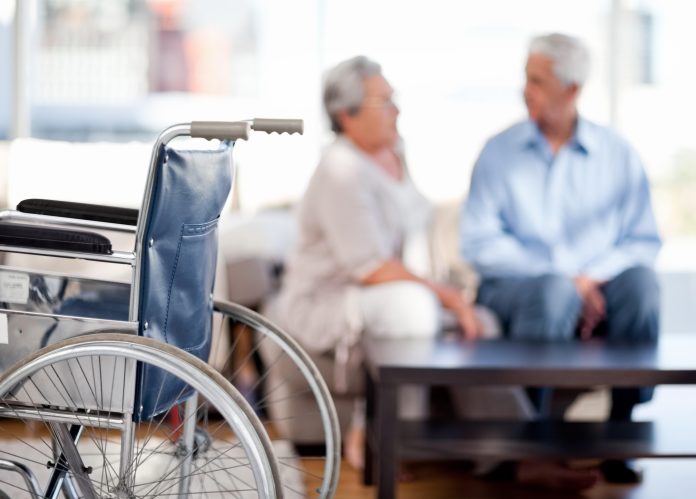Today, we will talk about something concerning most of us! It is to ensure the safety of our loved ones in nursing homes. You need to act as a guardian angel or godparent to our older adults, so they stay safe. The concerning truth is that over 260,000 nursing abuse cases are reported annually. In this article we will discuss the vital signs of nursing home abuse and how to recognize them.
Defining Nursing Home Abuse
Sadly, our vulnerable senior citizens aren’t immune to abuse! They face neglect or exploitation at a place meant for care and comfort. Nursing home abuse is a grim reality. Those responsible for caring for residents end up causing harm. This abuse can lead to trauma, medical emergencies, and, tragically, even fatalities.
Forms of Abuse
Nursing home abuse comes in various forms, including:
- Physical harm
- Emotional Abuse
- Sexual Assaults
- Financial Exploitation
These types of mistreatment can have devastating consequences! Identifying these signs early on is our best defense.
Recognizing Signs of Abuse
Shockingly, studies reveal that roughly 65% of abuse occurs within nursing homes!
Spotting the signs of nursing home abuse requires a watchful eye. It is all the more important with people having physical or cognitive impairment.
Physical Abuse
An eye-opening survey even found that 36% of nursing home residents have witnessed physical abuse. And 10% of the staff admit doing so!
Alarming, isn’t it?
Common Signs of Nursing Home Abuse:
Unexplained Bruises, Cuts or Injuries:
Look out for unexplained marks, especially on the face, neck, or arms, as they can signal physical abuse or restraint.
Fractures or Swollen Muscles:
These may suggest falls or physical abuse and require immediate attention.
Poor Health and Hygiene
Neglect can rear its ugly head as poor hygiene, malnutrition, or an unkempt appearance. They can even develop bedsores or pressure ulcers due to inadequate repositioning and are telltale signs of neglect.
Fluctuating Weight
Significant changes in weight may indicate the need for proper care, nutrition, or medical attention.
Emotional Abuse
Do you know almost 22% of nursing home care residents suffer from psychological abuse, leaving them distraught? Emotional abuse can be a real challenge to spot! But it’s just as crucial to address.
Keep an eye out for unusual behavior, withdrawal, fear, anxiety, depression, or changes in sleep and eating habits.
Financial Exploitation
Financial abuse often flies under the radar! Noticed any unexplained withdrawals, missing belongings, or sudden changes in wills or trusts? If that’s the case, your loved one could be financially manipulated.
Why Is It Important To Recognize Signs of Nursing Home Abuse Early?
Understanding the signs of nursing home injury or abuse is a critical step in ensuring the safety and protection of our elderly folks.
Arming yourself with the right knowledge helps you take swift action when necessary.
You can help prevent and put a stop to nursing home abuse. Ensure your loved ones get the care and respect they rightfully deserve!
The importance of this recognition is manifold, for instance:
Helps Prevent Further Harm: Identifying abuse signs early can put the brakes on further suffering for our vulnerable adults.
Swift Intervention: Early recognition paves the way for timely treatment, improving residents’ overall health and well-being.
Helps Develop Further Course of Action: Identifying patterns of abuse or neglect helps us develop effective strategies for prevention and detection.
Mitigates The Risk of Dire Consequences: Failure to spot these signs can lead to dire outcomes, including physical harm, emotional distress, and even fatalities.
What Action Can I Take Against a Nursing Home Care Center?
Spotting the signs of nursing home abuse is your ticket to creating a safe haven for our elderly. It also helps foster nurturing environments for a healthy, happy life. We can take immediate action by grasping the different forms of abuse and staying vigilant for these signs. It’s a collective effort involving families and caregivers to truly make a difference. If you believe your loved one is a victim of nursing abuse, seek legal help from a qualified nursing home abuse attorney.
They can help you navigate the entire process and ensure you receive fair compensation for neglect and mistreatment.























